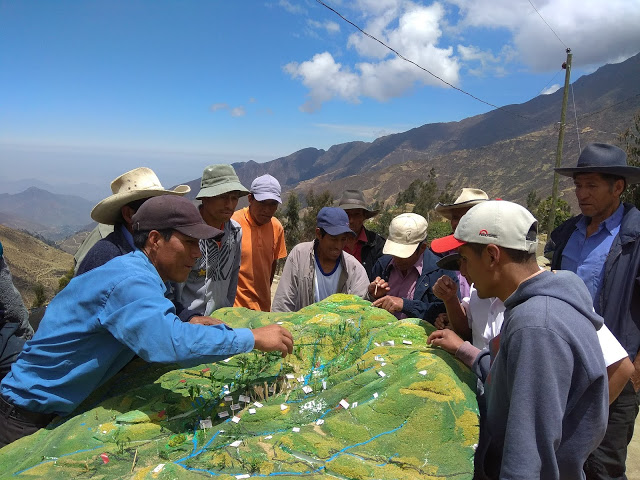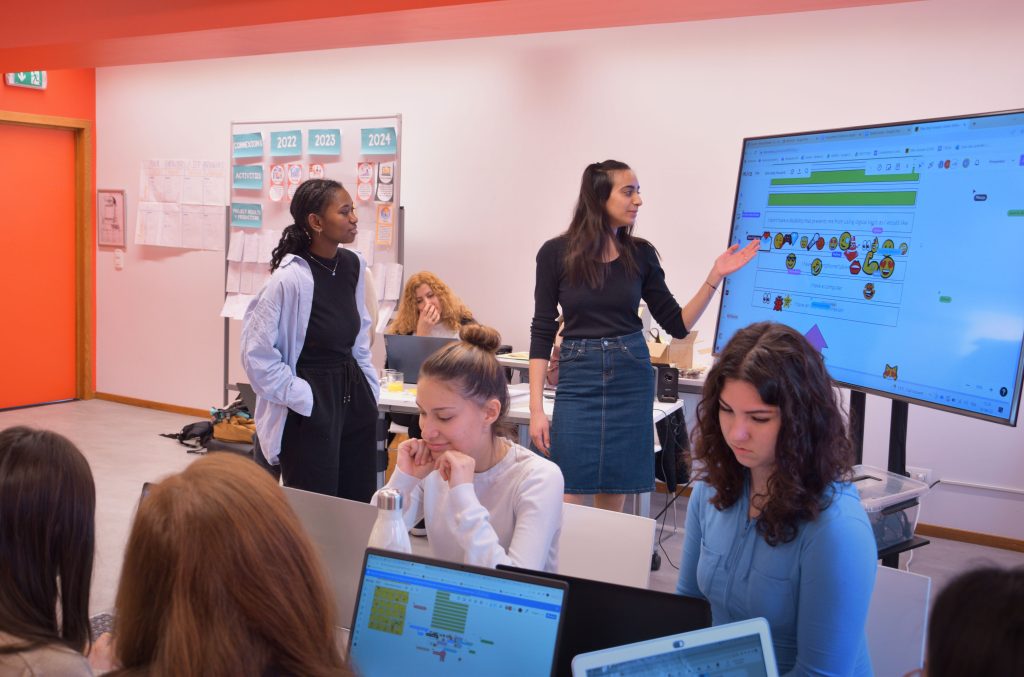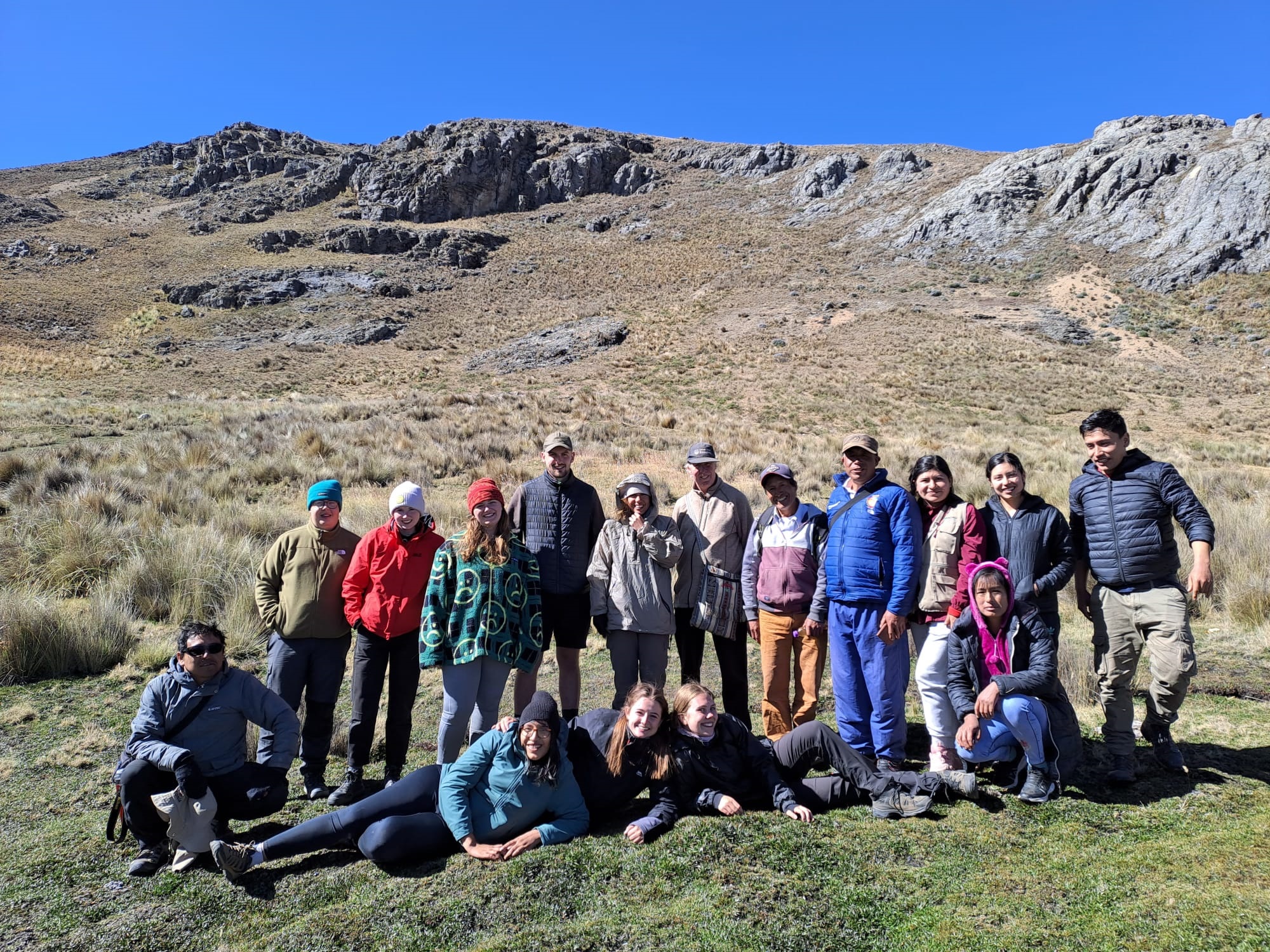*Article published in Leisa magazine: http://leisa-al.org/web/index.php/volumen-38-numero-1
WALTER CHAMOCHUMBI, DIANA SANTOS, ERIC CAPOEN
Has the intervention of the Interacting with Living Territories programme (2017-2021) in Peru and Bolivia contributed from agroecology to the exercise of the rights of family farmers in relation to their food, to the care of the environment and natural resources, and to the reduction of gender inequalities?
In order to answer this initial question, we start from the accompaniment and the inter-learning generated with peasant families, communities and native peoples settled in territories of the high Andean zones and the Amazon of Peru and Bolivia. This accompaniment takes place throughout their complex transition from traditional agriculture to agroecology in search of healthy food, with territorial and environmental management, as well as in the reduction of social gender gaps.
The Interacting with Living Territories (ITV, see box) programme is the result of previous experiences with other agroecological promotion and participatory territorial management projects in the Andean region, coordinated by the Belgian non-governmental organisation Eclosio, which served as the basis for the ITV programme (2017-2021) implemented by nine partners/partners: five in Peru (Consorcio Agroecológico Peruano – CAP, Centro Peruano de Estudios Sociales – CEPES, Diaconia – Asociación evangélica luterana de ayuda para el desarrollo comunal, Junta de Desarrollo Distrital de Pamparomás – JDDP and Grupo Género y Economía – GGE) and four in Bolivia (Asociación de Promotores de Salud del Área Rural – APROSAR, Fundación TIERRA, Asociación de Organizaciones de Productores Ecológicos de Bolivia – AOPEB and Red Boliviana de Mujeres Transformando la Economía – REMTE).

These organisations facilitated new approaches and participatory methods of approaching rural reality. This was done on the basis of the socio-territorial problems and dynamics of low-income peasant families, who live mainly from traditional agriculture and extensive livestock farming in different ecosystems and who are distant from the full exercise of their rights.
The ITV programme carried out advocacy and multi-stakeholder articulation actions of national scope in both countries, as well as local actions in five rural territories in Peru (municipalities of La Merced and Pamparomás in the Ancash region) and in three rural territories in Bolivia (municipalities of Taraco in the Altiplano and Palos Blancos in Sud Yungas, in the department of La Paz; and the municipality of Salinas in the Altiplano, in the department of Oruro).
Read more (Spanish only)


